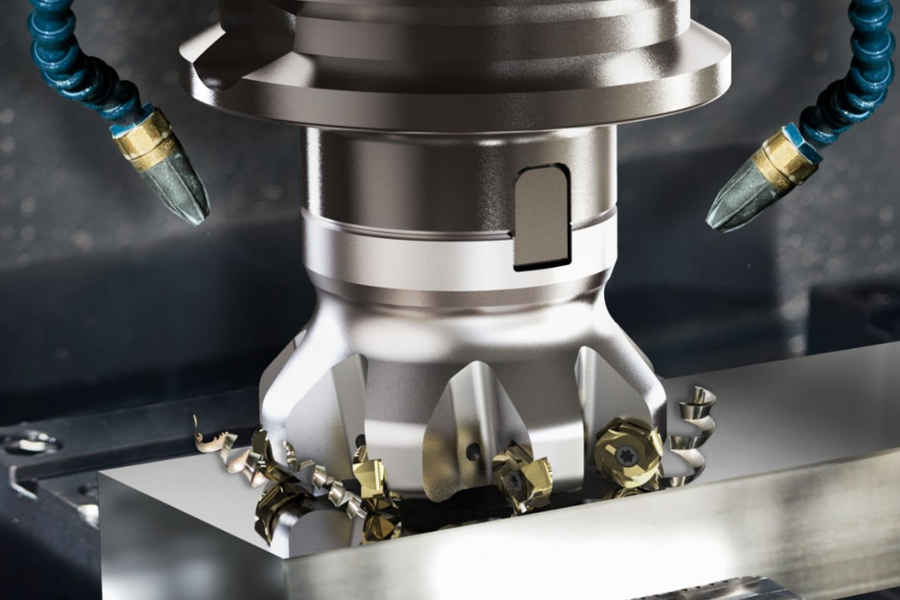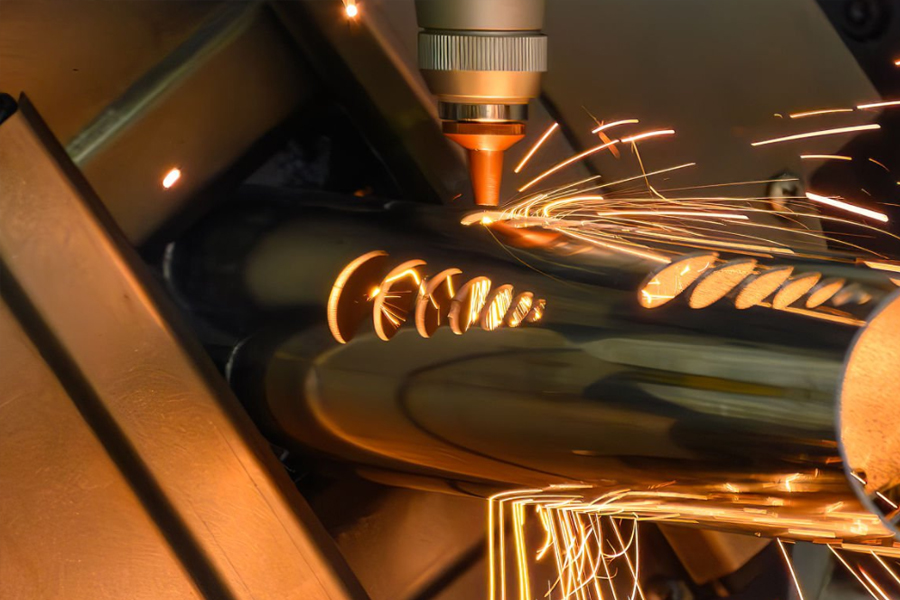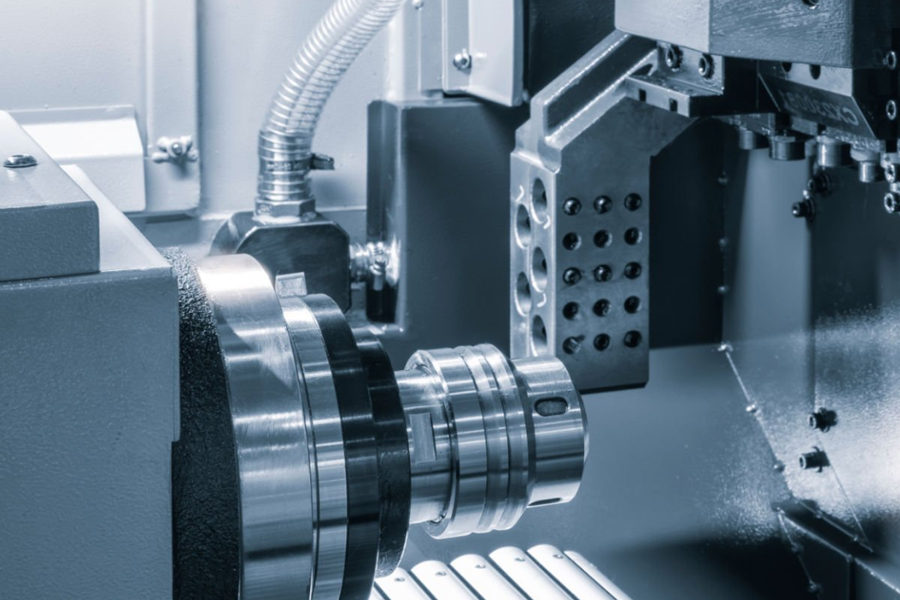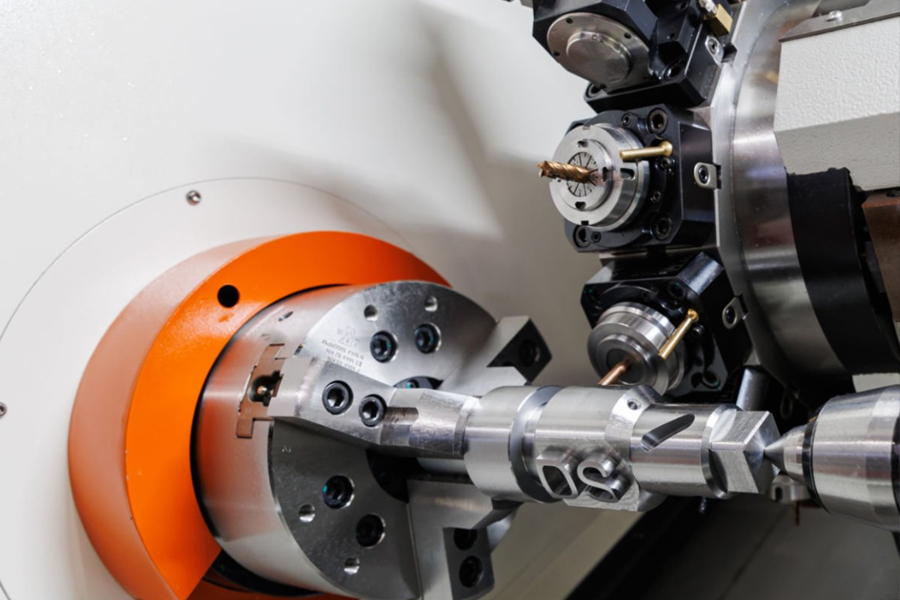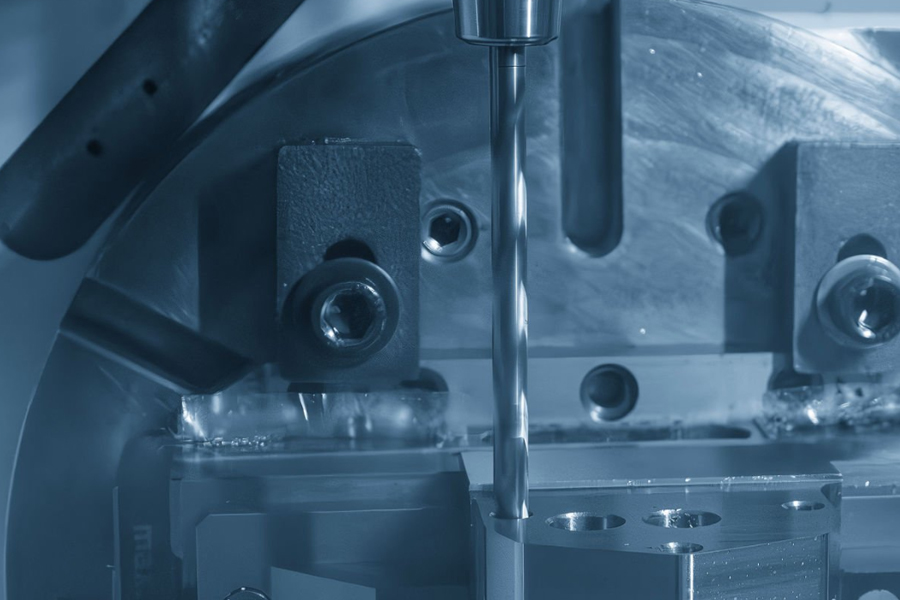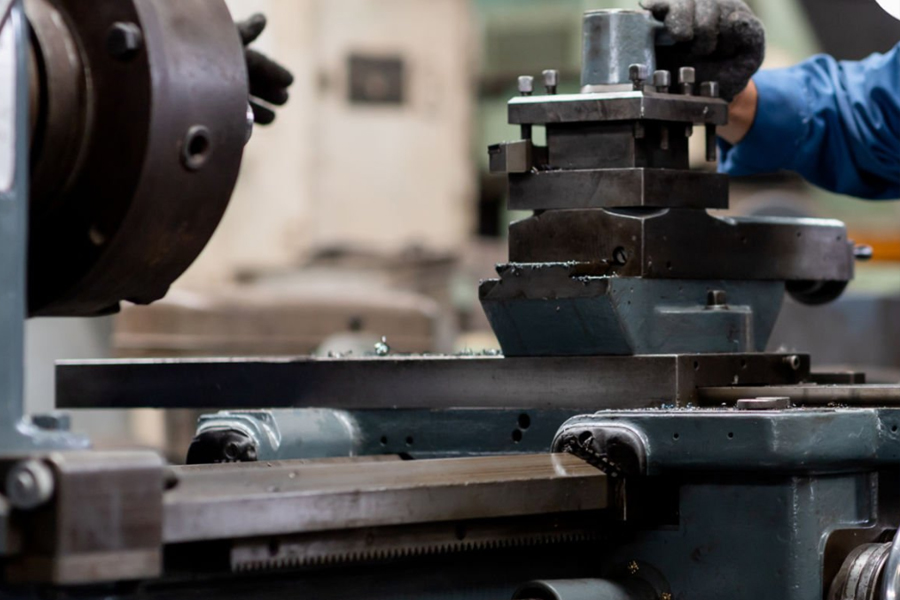The physical properties of different materials vary greatly, which is the primary factor that increases the complexity of the process. For example, in CNC precision machining, when metal materials are processed in combination with non-metallic materials, metals have good electrical and thermal conductivity, while non-metallic materials often have poor electrical conductivity and uneven thermal conductivity. During the cutting process, metal materials dissipate heat faster and tool wear is relatively regular; however, non-metallic materials may produce local high temperatures in the processing area due to poor heat dissipation, causing the material to soften, deform, or even carbonize, seriously affecting the processing quality. For example, in the processing of medical parts, if titanium metal is combined with plastic materials, the high strength and hardness of titanium require a large cutting force, while plastics are prone to tearing and delamination under excessive cutting forces. To meet the processing requirements of both materials at the same time, the selection of tools and the setting of cutting parameters are extremely difficult.
The chemical properties of materials can also cause processing problems. Some materials are prone to chemical reactions with cutting fluids or the surrounding environment during processing. For example, aluminum alloys are prone to oxidation in a humid environment. When processed in combination with other metal materials, if the cutting fluid is not selected properly, it may accelerate the corrosion of aluminum alloys and affect the surface quality and service life of parts. In mold processing, if a combination of multiple metal materials is involved, the potential difference between different metals may trigger an electrochemical reaction and cause local corrosion. This requires special protective measures to be taken during the processing process, which increases the complexity of the process.
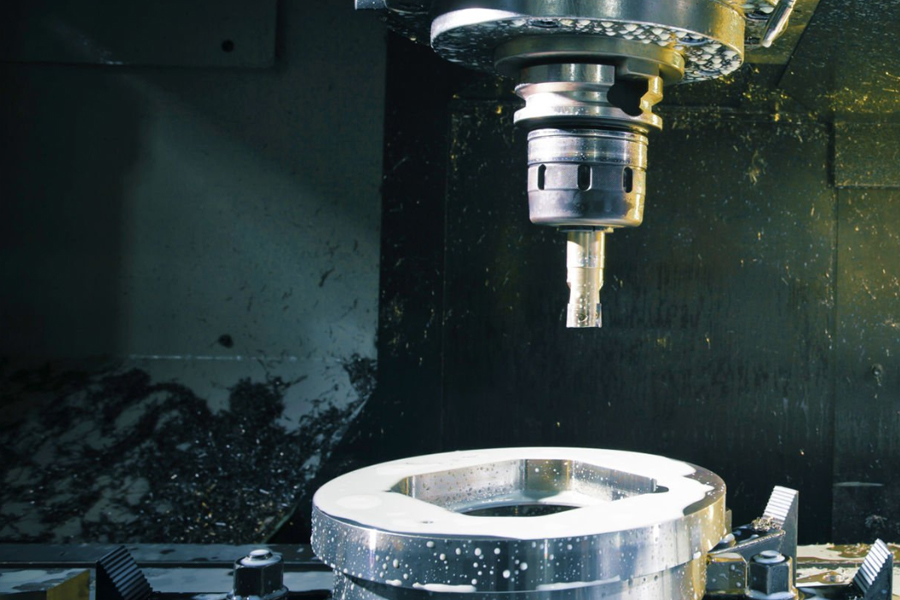
Processing equipment adaptation problem
The processing of different materials puts higher requirements on processing equipment. In CNC machining, ordinary machine tools are difficult to meet the needs of processing multiple materials. For example, when processing materials with large differences in hardness, high-power, high-rigidity machine tools and tools are required for materials with high hardness; while for materials with low hardness, excessive power and rigidity may cause excessive cutting and deformation of materials. Taking five-axis CNC machining as an example, when processing composite materials, different material layers have different degrees of wear on the tool, and it is necessary to frequently replace the tool and adjust the machine tool parameters, which not only reduces the processing efficiency, but also increases the risk of equipment failure. Moreover, some special materials, such as high-temperature alloys, have extremely high requirements for the high-temperature resistance and stability of processing equipment, which ordinary equipment is simply not competent. Enterprises need to invest a lot of money to purchase special equipment, which further increases the difficulty of process implementation.
Complex process parameter adjustment
Determining the appropriate process parameters is the key to the processing of different materials, and it is also a major difficulty. In precision machining, each material has its own unique optimal machining parameters. When multiple materials are processed in combination, it is almost a difficult task to find parameters that take all materials into account. Taking cutting as an example, the effects of cutting speed, feed rate and cutting depth on different materials are different. Parameters that can guarantee surface quality and machining efficiency for one material may lead to problems such as surface roughness and increased tool wear for another material. When die-casting a combination of multiple materials, parameters such as die-casting temperature, pressure and holding time need to be repeatedly debugged according to the melting point, fluidity and other characteristics of different materials. If you are not careful, internal defects of the parts, such as pores and shrinkage, will appear, which seriously affect the quality of the parts.

Difficult quality inspection
Quality inspection after processing with different materials is also challenging. Conventional inspection methods are difficult to fully evaluate the quality of parts with multiple materials. For example, for parts with metal and ceramic materials, traditional non-destructive testing methods, such as ultrasonic testing, are more effective for metal parts, but there may be misjudgments in defect detection of ceramic parts. Moreover, due to the different thermal expansion coefficients of different materials, temperature changes during the use of parts may cause stress concentration at the joints between materials. This potential quality risk is difficult to detect through conventional testing methods. In the processing of medical parts, the quality requirements for parts are extremely high, and any quality defects may endanger the life safety of patients. Therefore, it is necessary to develop special testing technologies and equipment, which undoubtedly increases the complexity and cost of quality control.
The process complexity of processing different materials is due to many factors such as differences in material properties, equipment adaptation problems, process parameter adjustments, and quality inspection difficulties. Only by in-depth research on these issues and continuous innovation in processing technology and processes can we better respond to challenges and promote the development of manufacturing in the field of material combination processing.

